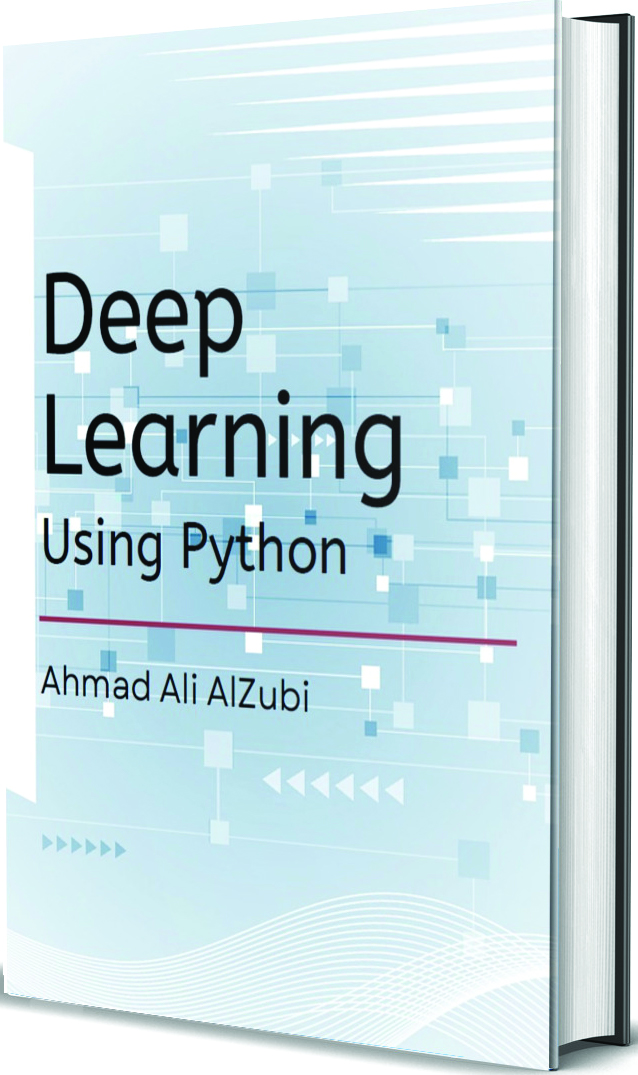
Deep Learning Using Python
Ahmad Ali AlZubi
FORMAT:
Paperback and e-book
ISBN
978-81-19585-32-8
DOI
PAGES
303 pages
PRICE
Rs. 1000/- ($80)
DOWNLOAD PDF

Ahmad Ali AlZubi
Paperback and e-book
978-81-19585-32-8
303 pages
Rs. 1000/- ($80)